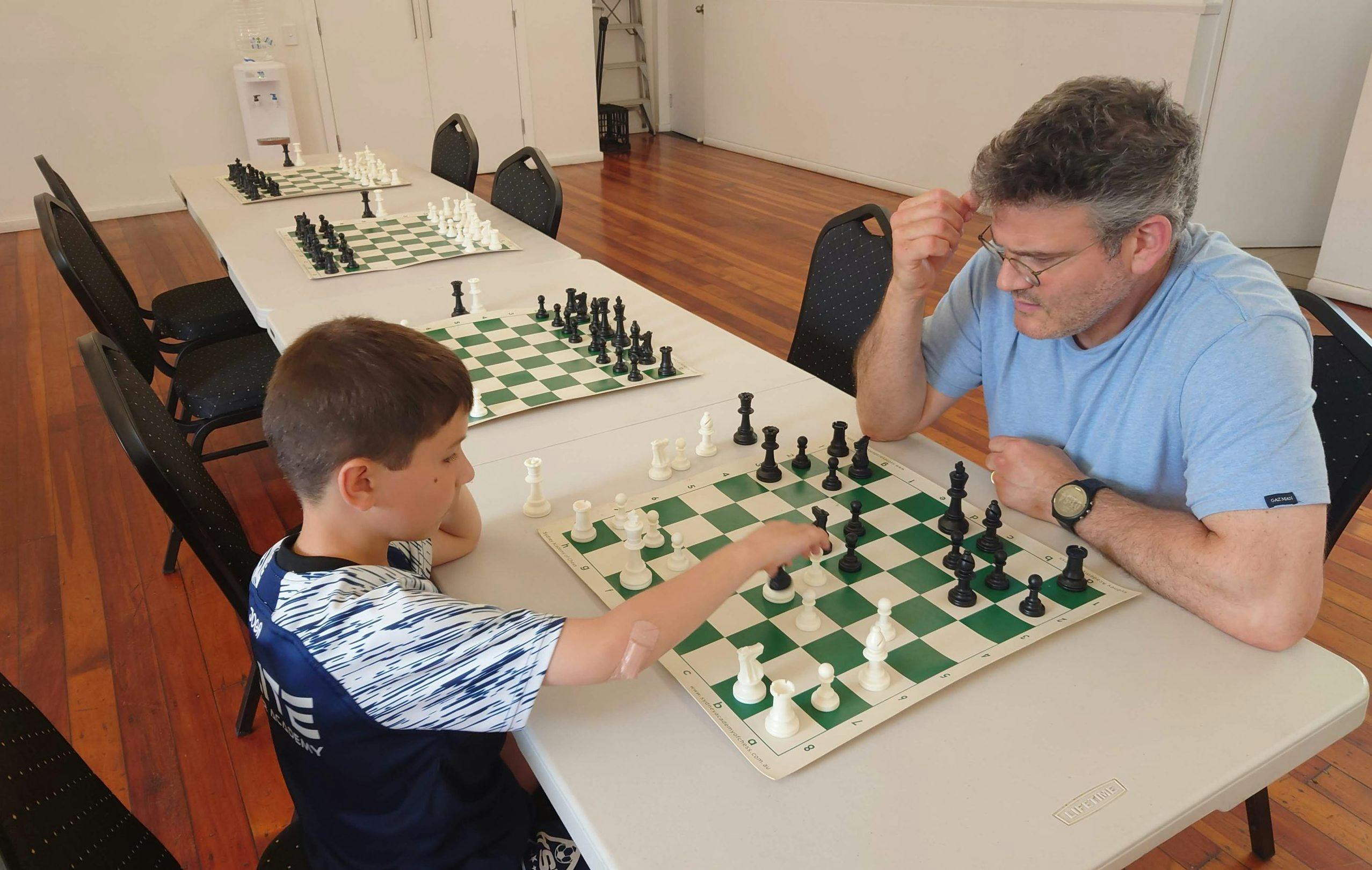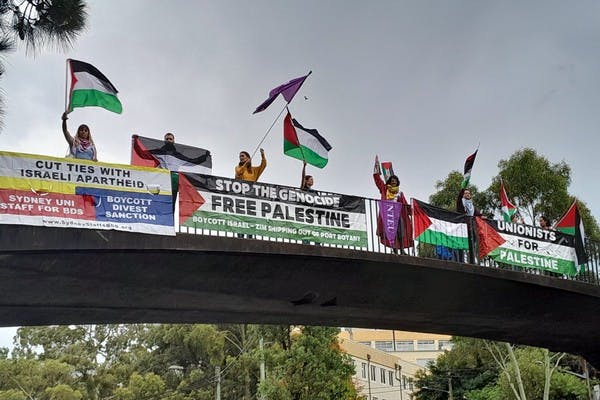Published: 8 February 2019
Last updated: 4 March 2024
Emanuel Synagogue’s Rabbi Jeffrey Kamins heard that Kehillat Massada’s Rabbi Gad Krebs was keen to meet with Reform leaders, so last Sunday, kicking off Emanuel’s In Conversation series, a discussion was held on whether there could be agreement on issues challenging the relationship between the two communities.
The fact that more than 300 people crowded into the Emanuel sanctuary underlines the community’s interest and thirst for such dialogue. Underscoring this were the many questions following the discussion as well as the lines of people who wanted to speak further with both rabbis. Most gratifyingly, there was some common ground on which both traditions could agree.
Firstly, the underlying illiteracy within the community. “Jewish illiteracy is the biggest problem,” Rabbi Krebs told The Jewish Independent. “The biggest problem is an absence of education. Making Jews literate about their traditions is the key.”
Rabbi Kamins concurred: “Unfortunately, very few Jews have any kind of depth of education in Jewish texts.”
Elaborating on what the traditions share, Rabbi Kamins said: “We find common ground in everything. Our shared history. We all accept the Torah and the Bible as our core story and the foundation of our values and people.
[gallery columns="1" size="large" ids="25773"]
“We all understand that the rabbinic tradition, the Second Temple period and thereafter, as the beginning of the interpretive process of this original text that guided us to our ways of interpreting. We all understand that our homeland, where our people lived and still do, is the land of Israel.”
The main point over which the traditions disagree is theological. “That is the dividing line,” Rabbi Kamins said. “How the Torah has landed up in the hands of the Jewish people; that’s where we have differences of opinion.
“I understand it as a document that has been written by our ancestors over time, whereas (Rabbi Krebs) teaches that it is a document that was delivered to (Moses), at one time by G-d.”
Rabbi Krebs concurred: “The biggest difference I think is where the Talmud fits into daily life; in the Orthodox community the Talmud is the go-to for everything, in non-Orthodox communities, it is less part of it.”
Rabbi Kamins believes the differences in Jewish practice are matters of shades and nuance. “Jews are Jews, and Judaism is Judaism and there is a vast range of belief and practice,” he said.
“We do not believe that the entire Torah was dictated by G-d and literally written down by Moses. We do believe that the Torah is our ancestral tradition, and that the oral Torah is the original way of interpreting it into its contemporary times, and that’s what we continue to do.” For both traditions, trying to find common ground in order to have a unified or common community is the primary goal.
“What we did today,” Rabbi Krebs said in reference to the conversation, “we don’t have to agree. Rabbi Kamins and I disagree vehemently on a lot of theological points and that’s fine, we can still have a very good relationship. By and large, the problem of division within the community is one group within the community saying we don’t recognise you [another group] as part of our community and vice versa.
[gallery columns="1" size="large" ids="25774"]
“You don’t have to agree to have unified community; you can disagree and have a unified community,” he said.
In the spirit of Emanuel’s philosophy of inclusion, Rabbi Kamins told The Jewish Independent: “I would like any rabbi, anywhere, anytime, to speak at my synagogue. We’re always happy to have any conversation with any Jew or anyone at any time on any subject.”
On that note, Emanuel Synagogue’s In Conversation discussion series continues on the first Sunday of each month, featuring community and society leaders addressing topical issues.
In the next In Conversation, on March 3, Thomas Mayor will speak on the Uluru Statement. Mayor is a Torres Strait Islander, secretary of the Northern Territory branch of the Maritime Union of Australia and signatory to the Uluru Statement.
Main Photo: Rabbi Krebs (left) and Rabbi Kamins in conversation at Emanuel Synagogue on February 3 (Robert Klein)



